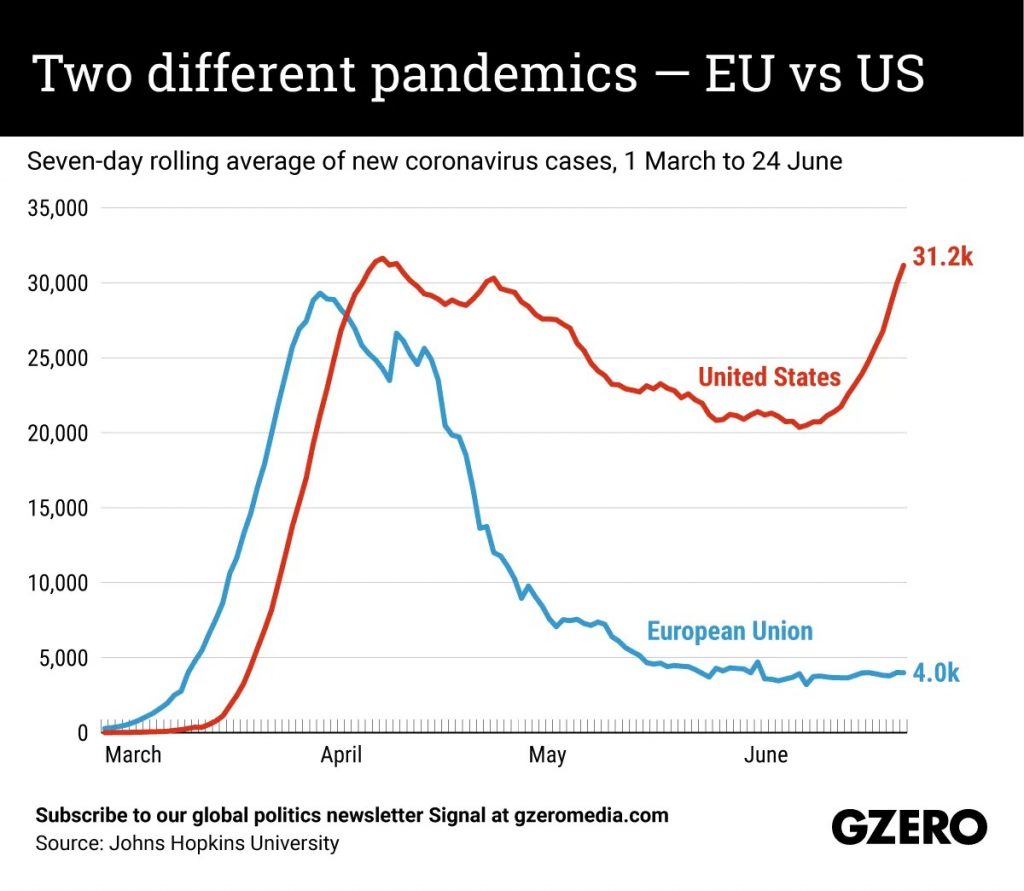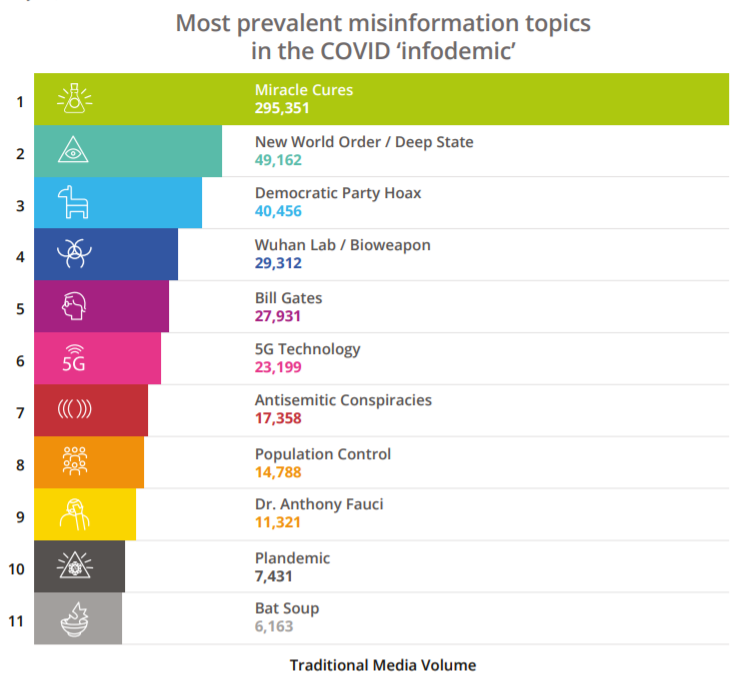Dr. Dery from WHIV Encourages Radio Stations to Elevate the Facts of COVID-19
Epidemiologist Dr. MarkAlain Dery is candid about the fact that SARS-CoV-2 has taken a toll on him. He talks about it regularly on his podcast, The NoiseFilter Podcast, with his co-host, Doc Griggs. Both doctors speak openly about emotional stress and long work days. In the opening months of the outbreak, both Dr. Dery and Doc Griggs were pulling 14-16 hour shifts.
Also, in the early months of the pandemic, Dr. Dery noticed other countries were quicker to respond than the U.S. Dr. Dery praised South Korea for its decisive testing regimen, while lamenting that the U.S. did not have a similar, centralized response.
“And this occurred to me somewhere in June,” said Dr. Dery. “I feel like I was slow-I should have recognized it in April. But the day I realized that, ‘Oh, there is no plan,’ you know like…it was kind of the first of some emotional breakdowns that I had when I realized that um, there is no national plan to fight COVID-19.”
As a co-founder of a radio station (WHIV), Dr. Dery is encouraging other community radio stations to help the country beat the pandemic by dispelling misinformation. In mid-October, Dr. Dery gave a thorough presentation on COVID-19, including ways the government has failed to respond to this health crisis. Here are some takeaways:
COVID-19 and Why the US Got it Wrong
Living Through a Pandemic and an Infodemic
Data from Cornell study, presented by Dr. MarkAlain Dery at GRC 2020
The term infodemic, is a combination of the words “information” and “epidemic.” An infodemic indicates a speedy and widespread deluge of both accurate and inaccurate information. An infodemic can happen in regards to any topic. Dr. Dery believes the coronavirus has been subject to an infodemic.
In a Cornell study, millions of articles about COVID-19 were analyzed. Out of 38 million total articles, 1.1 million were found to have misinformation. In the articles containing misinformation, mentions of Donald Trump made up 38% of the content. This means that, according to the study, the president was the largest driver of pandemic falsehoods.
The most common theme of misinformation was “miracle cures,” which appeared at a rate of 10 times the other categories combined
For more on this topic and other matters related to COVID-19, watch Dr. Dery’s full presentation at the 2020 Grassroots Radio Conference.




